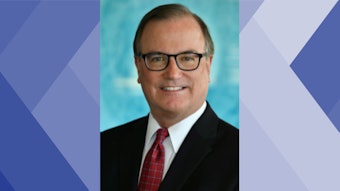Millennial generation’s value to anesthesiology
Embracing generational differences in health care.
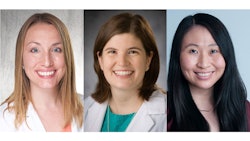
Anesthesiologists are looking beyond generational divides. In fact, the millennial generation – sometimes characterized in a negative fashion – is proving to be a valuable contributor to medicine, and specifically to anesthesiology.
The 2021 session “Millennials Transforming Medicine: Bridging the Generation Gap in Health Care” was intended to dispel the negative myths regarding the millennial generation and reinforce the positive outcomes of combining multiple generations for quality patient care.
“There are so many workforce challenges facing millennials, but ultimately the challenges boil down to this: There are increased labor demands (both at home and at work) for millennials paired with intense financial constraints, such as ballooning school debt and declining salaries,” said session presenter Amy S. Pearson, MD, a Clinical Assistant Professor of Anesthesiology at the University of Iowa Carver College of Medicine in Iowa City. “Millennials account for nearly 75% of the workforce, and baby boomers are retiring at rates of 10,000 per day.”
Millennials are facing those challenges head-on, Dr. Pearson said, demonstrating their loyalty to employers who act ethically and setting professional boundaries if needed. According to Dr. Pearson, a growing number of millennials are even stepping into leadership roles and will soon have the ability to effect the changes they wish to see in health care.
Technically, there are currently five generations represented in the medical workforce, which includes traditionalists, baby boomers, Gen X, millennials, and iGen. Each generation is influenced by events, technology, and social norms that shape their characteristics. Millennials are the most diverse and highly educated generation in history. They are poised to drive change, according to co-presenter Elizabeth Malinzak, MD, Director of Medical Student Education and Assistant Professor of Anesthesiology at Duke University in Durham, North Carolina.
Dr. Malinzak said millennials are “extremely technologically adept and interconnected to the world,” making them a generation that is open to change and one that values collaboration.
“They see their primary purpose in life as making a difference. However, they also are the generation that has experienced growth of terrorism, school violence, and climate change. They are pushed by their helicopter parents to aim for success, and thus are perfectionists and goal-oriented,” Dr. Malinzak said. “As long as expectations and objectives are clear, they will aim to please.”
Generational learning styles and communication differences do exist, according to Dr. Malinzak. Millennials are social learners, she said, opting for group interaction, experiential learning, and the use of technology instead of note-taking and textbooks. They want clear objectives and expectations, including milestones in residency education, she said. In short, millennials view education as a way to meet and interact with their peers, rather than just a way to learn. They also prefer constant and immediate feedback on their performance and multiple discrete assessments, including where they stand at each step of the way.
According to Dr. Malinzak, the amount of medical information has increased tremendously over the last 50 years and will continue to grow at an exponential rate in the future. In fact, one study showed that millennial residents seek help first by asking a question through Google, rather than asking a faculty member.
“We need to ensure we are creating anesthesiology educational content online. Probably the most effective and widely distributed educational media is through social media, which has become part of the daily routine for our current generation of students and residents,” Dr. Malinzak said. “Use of social media allows for group learning, personalized learning, and immediate feedback, all in an efficient manner. Once you understand the goals for millennial learners, the educational impact increases substantially. I admire this generation and am excited to see the change they bring.”
Visit Anesthesiology Today Annual Meeting Edition for more articles.
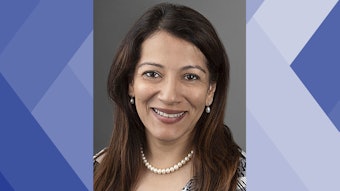
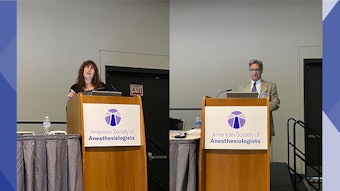
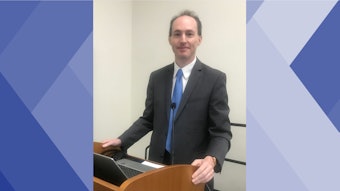
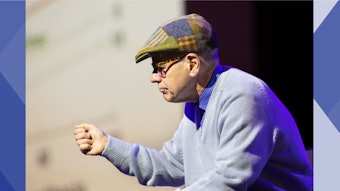
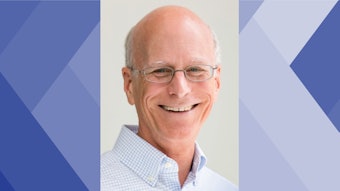
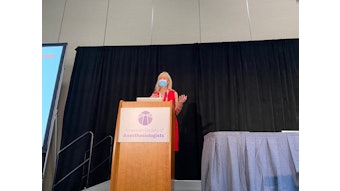
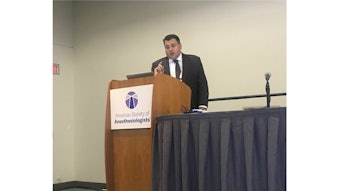
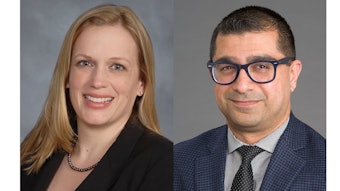
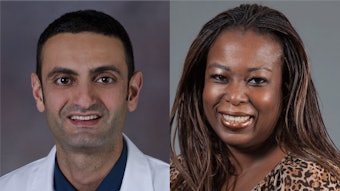
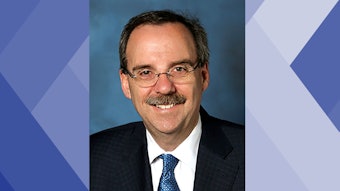
![Sharks[2]](https://img.ascendmedia.com/files/base/ascend/hh/image/2021/10/Sharks_2_.616369899ebe1.png?auto=format%2Ccompress&bg=fff&fill-color=fff&fit=fill&h=191&q=70&w=340)
